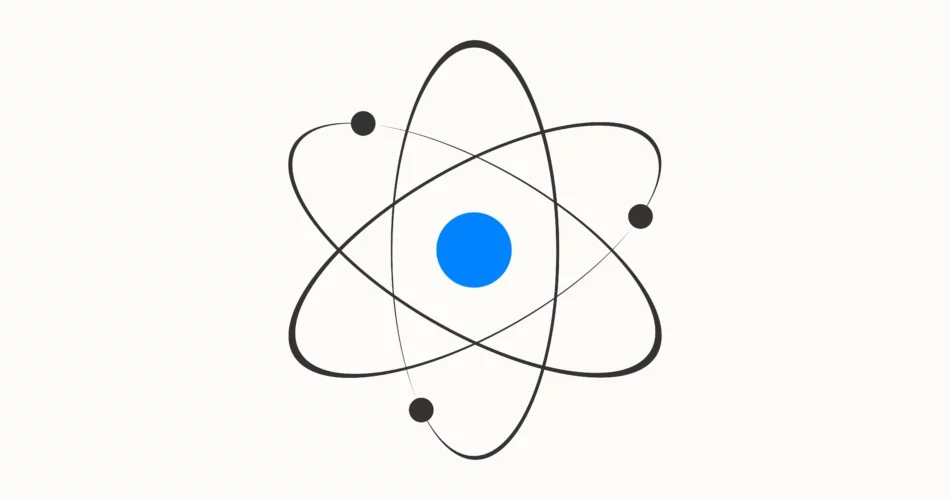We all know multitasking as the act of doing multiple tasks at the same time, but have you ever wondered if this approach to work actually makes us more productive? Unfortunately, the answer is no. In fact, multitasking is one of the biggest productivity killers in today’s fast-paced world. In this post, we’ll dive into the science behind multitasking and explain why it’s hurting your productivity.
The Human Brain is Not Designed for Multitasking
Contrary to popular belief, our brains are not wired to multitask. Instead, they’re designed to switch rapidly between tasks, which is a process known as “task switching”. However, task switching has been shown to slow down our cognitive processes and cause us to make more mistakes. This is because each time we switch tasks, our brain has to readjust to the new task, and this readjustment takes time and energy.
Multitasking Reduces Our Attention Span
Multitasking also reduces our attention span. Research has shown that people who regularly multitask have a harder time focusing on a single task for an extended period of time. This is because our brains have become accustomed to the constant switching between tasks and can’t stay focused on a single task for long.
Multitasking Decreases our Brain’s Efficiency
Furthermore, multitasking has been shown to decrease our brain’s efficiency. When we multitask, we’re constantly dividing our attention between multiple tasks, and this division of attention means that we’re not giving our full attention to any one task. This can result in decreased cognitive function and decreased productivity.
Multitasking Increases Stress and Decreases Well-being
Finally, multitasking can have a negative impact on our mental health. Research has shown that multitasking increases our stress levels and decreases our overall well-being. This is because our brains are constantly being bombarded with stimuli, and this constant stimulation can cause our stress levels to skyrocket.
In conclusion, multitasking is not an effective approach to work, and it’s hurting our productivity. Instead of multitasking, we should focus on single-tasking and prioritize our tasks so that we can give our full attention to the task at hand. By doing so, we’ll be able to improve our productivity and reduce our stress levels, leading to a happier and more productive life.
Alternatives to Multi-tasking
So, what can we do instead of multitasking? The answer is simple: single-tasking. Single-tasking involves focusing on one task at a time and giving it our full attention. This approach has been shown to increase productivity and improve our cognitive function. Additionally, single-tasking can also reduce our stress levels and improve our well-being.
Another effective approach is prioritizing our tasks. By prioritizing our tasks, we can focus on the most important tasks first, which will lead to increased productivity and decreased stress levels. Additionally, we should also take breaks regularly, as taking breaks has been shown to improve our focus and productivity.
In conclusion, multitasking is not an effective approach to work, and it’s hurting our productivity. Instead of multitasking, we should focus on single-tasking and prioritize our tasks so that we can give our full attention to the task at hand. By doing so, we’ll be able to improve our productivity, increase our focus and reduce our stress levels, leading to a happier and more productive life.



